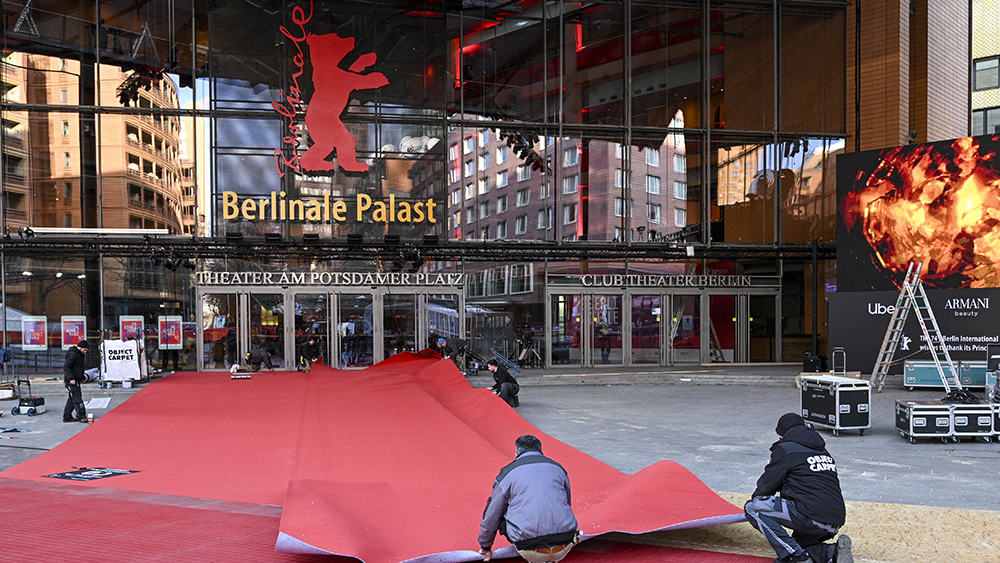Festival Files Criminal Charges After Hacking
The Berlin Film Festival said Monday that it has filed criminal charges following the hacking of its Panorama section’s Instagram social media site, which was used to post anti-Semitic messages.
After a politically charged edition, festival organizers also attempted to distance the Berlinale management from the stances taken by some of the awards winners at Saturday’s closing ceremony.
The organizers said that on Sunday, the day after the festival concluded, “The Instagram channel of the Berlinale Panorama section was briefly hacked and anti-Semitic image-text posts about the Middle East war with the Berlinale logo were posted on the channel. These statements do not originate from the festival and do not represent the festival’s stance.”
Organizers added: “The Berlinale condemns this criminal act in the strongest possible terms and has deleted the posts and launched an investigation. In addition, the Berlinale has filed criminal charges against unknown persons. The State Criminal Office (LKA) has begun an investigation.
Before and during this year’s edition, the festival’s guests and policies were a springboard for heated discussion of the war in Ukraine, the war in Palestine, antisemitism and Germany’s far-Right political movements.
Saturday’s closing ceremony was used by some make further statements. Among the strongest was U.S. filmmaker Ben Russell, who accepted an award for his Encounters section film “Direct Action” wearing a keffiyeh, or sign of Palestinian solidarity.
Basel Adra, co-director of “No Other Land,” used his acceptance speech to say that it was difficult to celebrate while his Palestinian compatriots in Gaza were being “slaughtered and massacred.” He called on Germany “to respect the UN calls and stop sending weapons to Israel.”
The festival’s Monday statement appeared to wish-away the controversy, while also admitting that it can do nothing about comments that are legal.
“We understand the outrage that the statements made by some of the award winners were perceived as too one-sided and, in some cases, inappropriate. In the run-up to and during our festival, we made it very clear what the Berlinale’s view of the war in the Middle East is and that we do not share one-sided positions. However, the Berlinale sees itself – today, as in the past – as a platform for open dialogue across cultures and countries. We must therefore also tolerate opinions and statements that contradict our own opinions, as long as these statements do not discriminate against people or groups of people in a racist or similarly discriminating way or cross legal limits,” the festival said in a statement attributed to co-chief Mariëtte Rissenbeek.
“From our point of view, it would have been appropriate in terms of content if the award winners and guests at the Award Ceremony had also made more differentiated statements on this issue,” said Rissenbeek.
“We want to exchange ideas with other social and political institutions on how to conduct a social discourse on this extremely controversial topic in Germany – with the inclusion of international perspectives – without individual statements being perceived as anti-Semitic or anti-Palestinian. We have to face up to this controversial topic – as an international film festival and as a society as a whole.”

